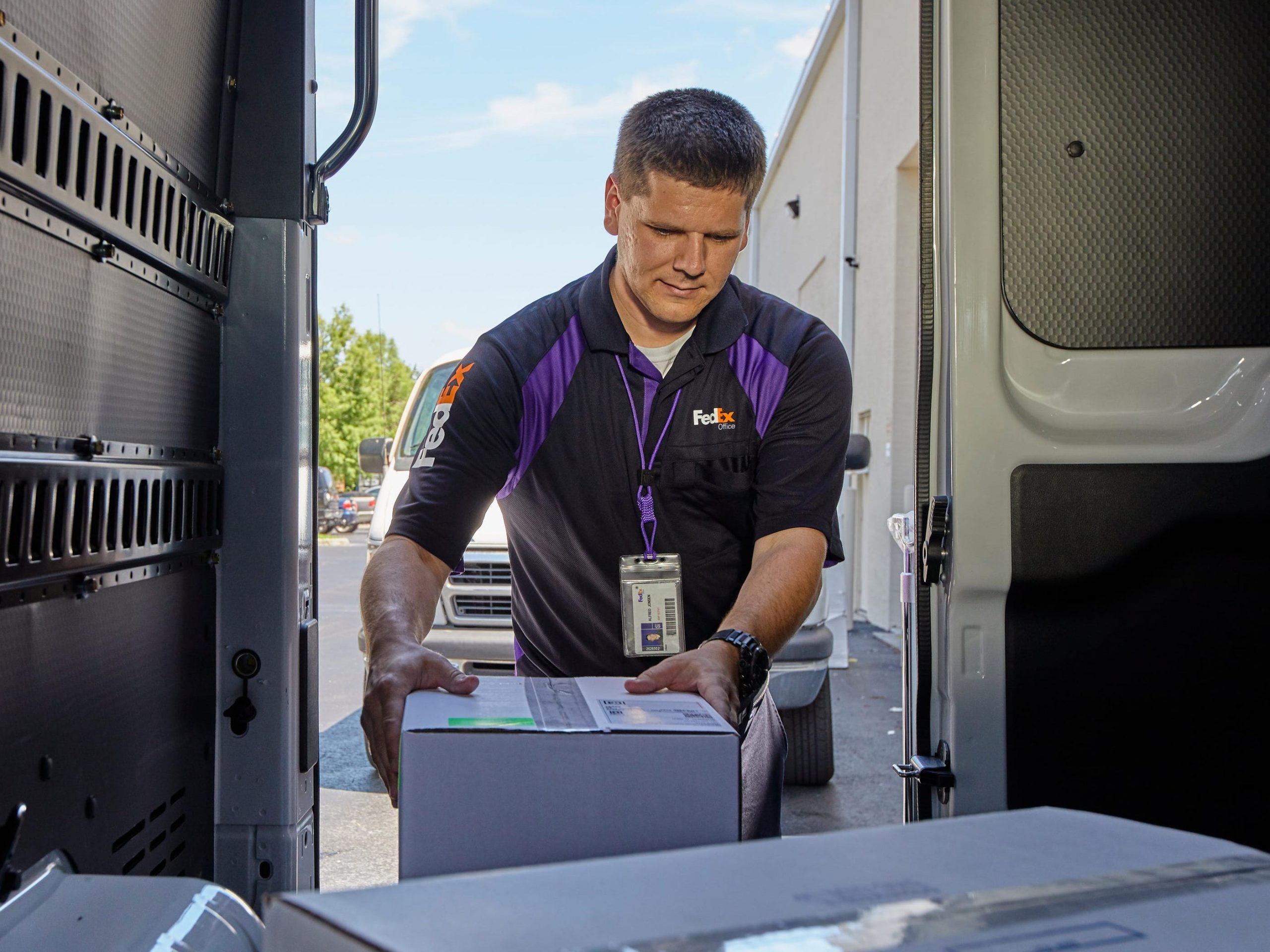
FedEx
- FedEx is rerouting more than 600,000 business packages a day, its president said Tuesday.
- It can't find enough workers to process them at some sites, Raj Subramaniam said.
- FedEx estimated that the labor shortage cost it around $450 million in the quarter.
- See more stories on Insider's business page.
FedEx is rerouting more than 600,000 business packages each day because it doesn't have enough staff to process them, FedEx president and COO Raj Subramaniam said.
The labor shortage was the company's "biggest issue" and the "key driver" of its lower-than-expected results, he said at the company's earning call Tuesday. It cut its yearly outlook, causing FedEx stock to tumble to its lowest in a year.
Subramaniam said that the labor shortage, which is hitting multiple US industries, had cost FedEx an estimated $450 million in the quarter ended August 31 because of wage rises and inefficiencies. Most of this came from FedEx Ground, the company's service that ships packages to businesses, he said.
"The competition for talent particularly for our frontline workers have driven wage rates higher and pay premiums higher," he said.
The company spent around $7.8 billion on employee salaries and benefits in the quarter, up 13% from the same period last year. Earlier this month it announced plans to hire an additional 90,000 workers for the peak season.
Subramaniam said that FedEx Ground's hub in Portland, Oregon, was down about 35% of the staff it needed to handle its normal volume. As a result, staff were diverting about a quarter of packages because the parcels "simply cannot be processed efficiently to meet our service standards," he said.
The company was rerouting some packages, which made delivery routes longer and forced FedEx to pay more to third-party delivery companies, he said.
"Across the FedEx Ground network there are more than 600,000 packages a day being rerouted," Subramaniam told investors. Supply Chain Dive first reported on the comment.
FedEx Ground handled an average of 9.3 million packages a day in the quarter.
"Overcoming these staffing and retention challenges are our utmost priority as they not only affect our cost structures and operational efficiency, but are also having a negative impact on service levels," Subramaniam said.
Other companies have changed their operations to deal with a lack of available staff, too. Restaurants have been closing earlier or shutting their dining rooms, employers are relying on friends and family or turning to automation, and a high school in Boston even hired a party bus with a stripper pole because it couldn't find enough bus drivers.
Some businesses have said that people don't want to work anymore, in some cases blaming it on unemployment benefits. But workers say they're quitting their jobs in search of better pay, benefits, and working conditions.
